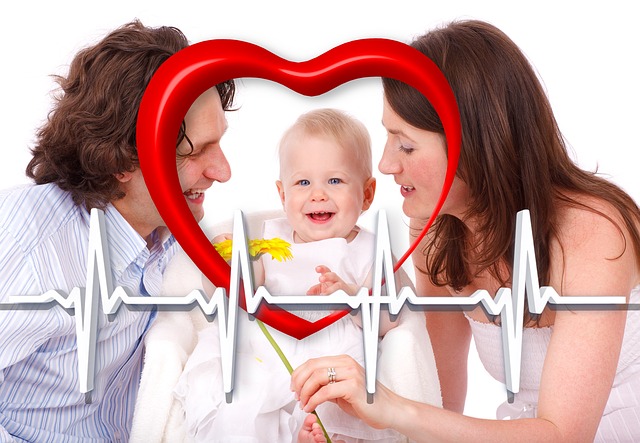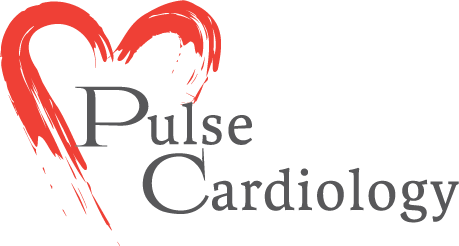What are the Arrhythmia Symptoms for Children?

Improper heartbeat rhythm isn’t that uncommon, in fit adults or even in children. There can be many reasons why such conditions might occur in seemingly healthy individuals. Improper rhythm can be of different types and collectively, they are known as heart arrhythmia.
The root cause of heart arrhythmia is improper firing of the electrical impulses that control the heartbeat. Slow, fast or just plain irregular heartbeat rhythm can be categorized under heart arrhythmia. Arrhythmia symptoms can be many such things that appear irrelevant but should be paid close attention to. The question is, what are the arrhythmia symptoms for children?
For children, arrhythmias can be caused due to various reasons. Atrial, ventricular and bradyarrhythmia are the commonly occurring types of arrhythmia in children. Racing heartbeat or fluttering in the chest can appear harmless, but shouldn’t be ignored, especially in the case of children.
When symptoms such as these are more frequent, it is certainly a case for concern. Searching for ‘arrhythmia symptoms child’ might give you a few results on the search page. But how do you drill down to the specifics? Most of the times, a doctor can better detect and diagnose arrhythmia symptoms way before you even consider that such a problem is happening with your child. It is always a good idea therefore to always consult a doctor if you notice anything amiss with your child’s physiology.
There are certain treatments and exercise that can eliminate or control heart arrhythmia. Arrhythmias are just the tip of the iceberg that can lead to more severe heart problems later in life, so paying heed to it as early as possible is advisable.
Arrhythmia Symptoms for Children
The common symptoms of heart arrhythmia in children can include the following –
- Irritability in infants
- Difficulty in feeding in infants
- Palpitations
- Shortness of breath
- Fainting or near fainting
- Feeling pauses between heartbeats
- Tiredness
- Weakness
- Fainting or near fainting
- Bradycardia or a slow heartbeat
- Light-headedness or dizziness
All the symptoms mentioned above might not be as regular or frequent, but if you see any of this happening even when the child is just resting or normally moving around, it’s a good idea to check with a doctor.
Heart arrhythmias can occur at any age and this includes young individuals, children and infants as well. It is up to you to take notice if your child is exhibiting any of the symptoms mentioned in the article and immediately follow it up with a consultation with a doctor. Some medications and specific exercises are all that are needed in most cases to completely resolve problems of heart arrhythmias in children.
Since children have a higher rate of growth and regeneration capacity than adults, if these problems are addressed early on, they will not face any major problems as adults. However, you should also advise your kid to be more careful about how they play, what they eat and try to get them to follow a healthy lifestyle. Try to advise your kids to stay as far away from alcohol and smoking as they can as adults. With a history of arrhythmia, there’s no telling what these two major culprits can do to the heart again.
If you want to learn more about arrhythmia symptoms at night, click here.
